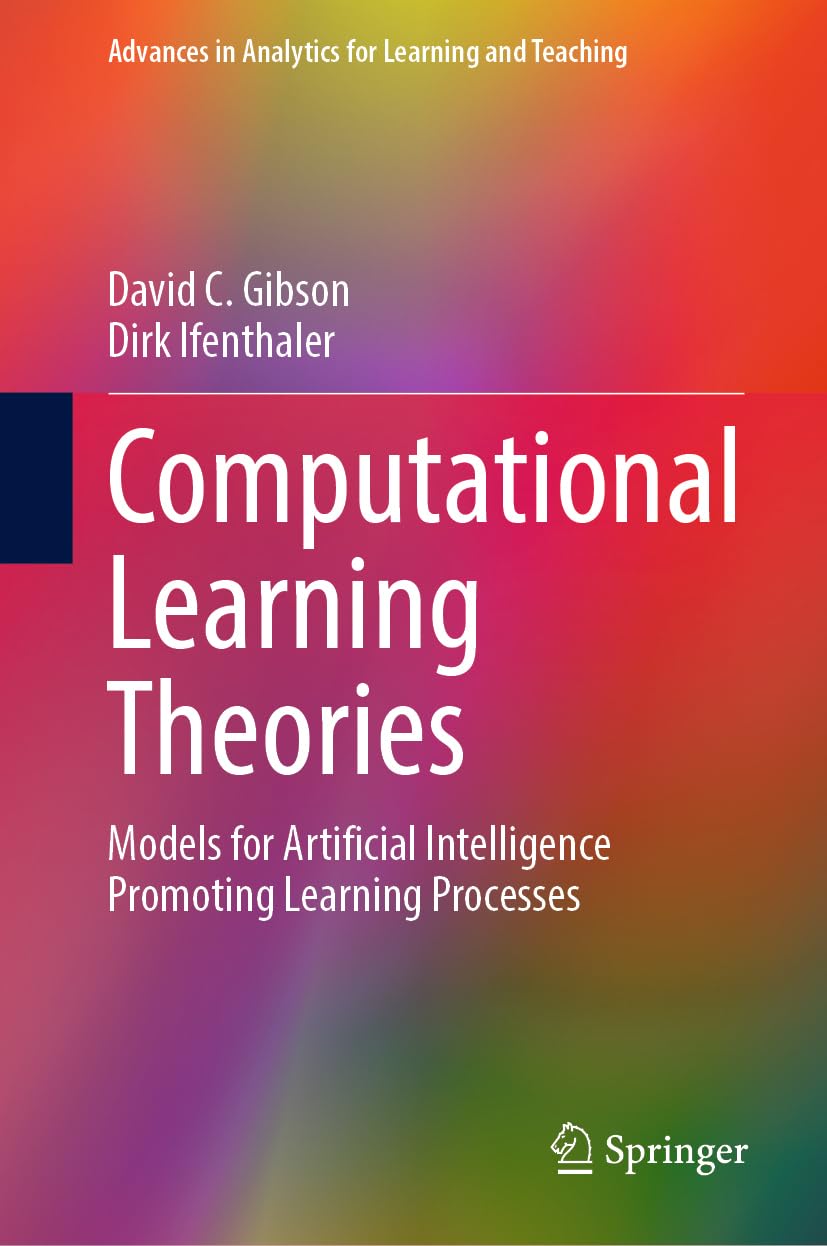

Most ebook files are in PDF format, so you can easily read them using various software such as Foxit Reader or directly on the Google Chrome browser.
Some ebook files are released by publishers in other formats such as .awz, .mobi, .epub, .fb2, etc. You may need to install specific software to read these formats on mobile/PC, such as Calibre.
Please read the tutorial at this link: https://ebookbell.com/faq
We offer FREE conversion to the popular formats you request; however, this may take some time. Therefore, right after payment, please email us, and we will try to provide the service as quickly as possible.
For some exceptional file formats or broken links (if any), please refrain from opening any disputes. Instead, email us first, and we will try to assist within a maximum of 6 hours.
EbookBell Team

4.7
56 reviewsThe book provides a road map for the development of AI that addresses the central problems of learning theory in the age of artificial intelligence including:
optimizing human-machine collaboration
promoting individual learning
balancing personalization with privacy
dealing with biases and promoting fairness
explaining decisions and recommendations to build trust and accountability
continuously balancing and adapting to individual, team and organizational goals
generating and generalizing knowledge across fields and domains
The book will be of interest to educational professionals, researchers, and developers of educational technology that utilize artificial intelligence.